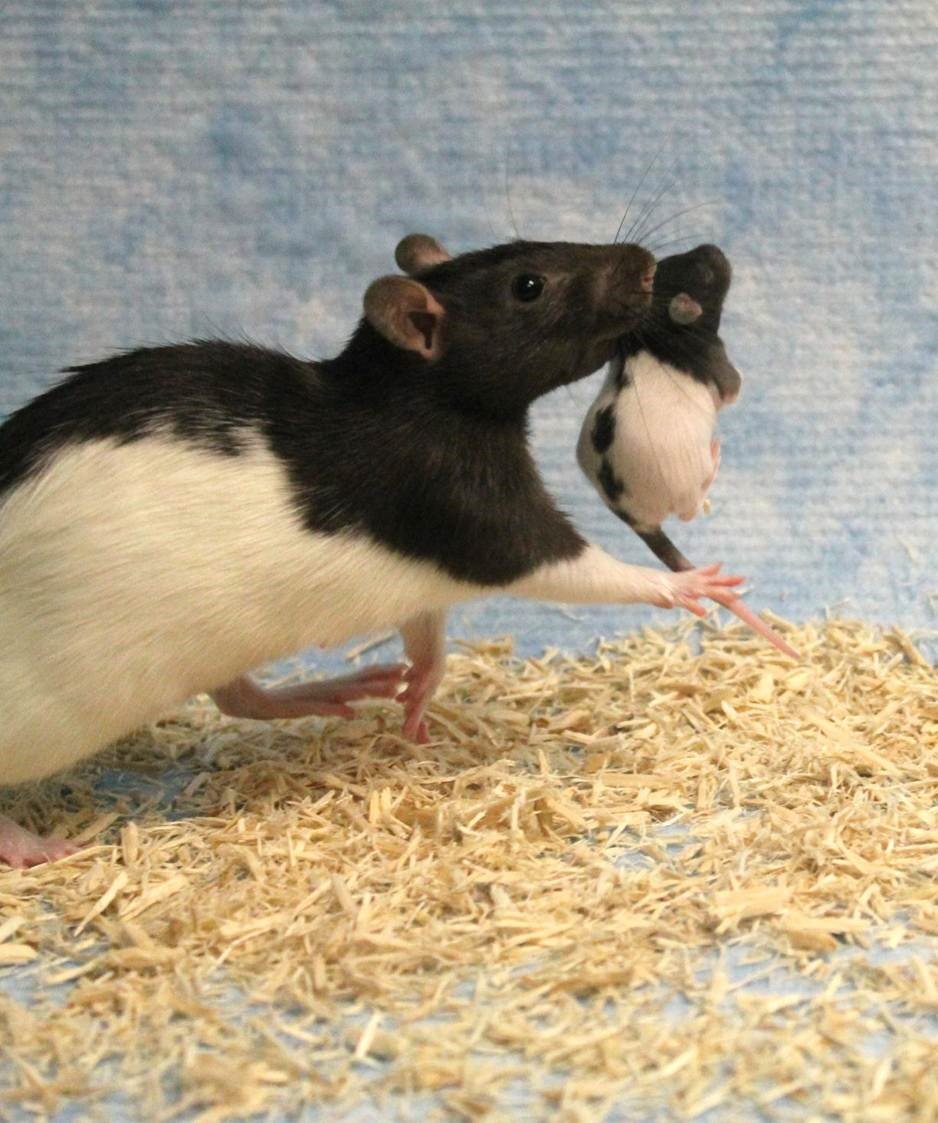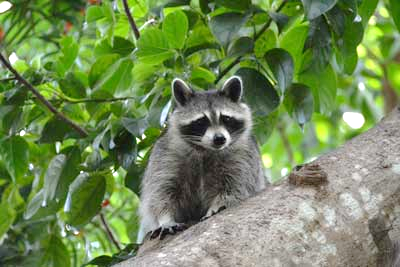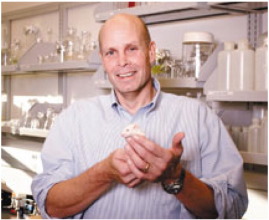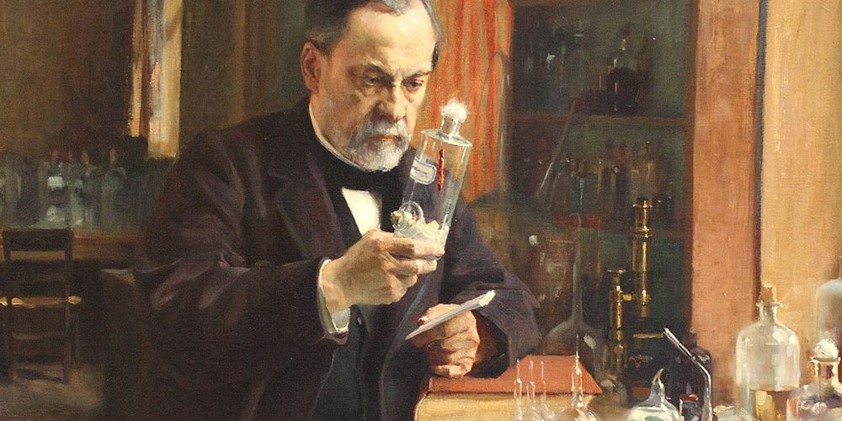Research Programs
Various research programs exploring experience-based neuroplasticity are utilized in the laboratory. A few are highlighted below:
Natural-Enriched Environments
Natural-enriched environments. Art by Katie McBride.
Continuing from the classic work in the 1960s exploring the impact of enriched environments on brain and behavior, we are exploring the impact of natural-enriched environments. In these studies, we typically use both artificial- and enriched-environments in which novel stimuli are introduced in the environments; for example, whereas a plastic ladder is introduced for climbing in the artificial-enriched environment, a stick is introduced in the natural-enriched environment. Our research suggests that the natural-enriched environment animals are more emotionally resilient.
Enriched environments
Coping Responses
Coping responses. Art by Katie McBride.
We profile young rats for coping strategies by assessment via a back test that categorizes rats into passive, active, and flexible copers. Thus far, our work suggests that the flexible copers exhibit more emotionally resilient behavioral and neurobiological responses. Although these coping profiles appear to be predisposed, we are interested in how specific experiences may alter these profiles.
Coping responses
Contingency Training via Effort-Based Reward Training
Contingency training. Art by Katie McBride.
This work requires a 6-week training program in which rats are trained to search for piles of bedding to dig up desired pieces of sweet cereal. Considering that the nucleus accumbens has close neural ties the striatum, this training protocol is utilized to build positive outcome contingency circuits. When faced with subsequent unsolvable tasks, the contingency-trained animals persist longer and exhibit neurobiological markers of emotional resilience. Thus, this paradigm models learned persistence as opposed to the classic learned helplessness work.
Neurobiology of Paternal Experience
Neurobiology of the maternal brain. Art by Katie McBride.
Our work has focused on changes that occur in the maternal brain---above and beyond the well-documented changes that accompany pregnancy and lactation. Given the high energetic cost of caring for up to 14 pups, the maternal rat is required to respond efficiently to maintain sufficient resources to raise her offspring. We have reported enhanced spatial foraging and emotional regulation in maternal rats when compared to their virgin counterparts. More recently, we have focused on the challenges of raising offspring with limited resources, a model associated with early life stress for the pups.
Neurobiology of Paternal Responses
Neurobiology of the paternal brain
Although only 5% of all mammals engage in paternal responses, the California Deer Mouse (Peromyscus californicus) is a wonderful model of paternal behavior as the males exhibit all parenting responses that are observed in the females except giving birth and lactating. The male in the picture above is grooming a pup that isn’t even his own pup! We have explored the neural circuitry of paternal responses by comparing the nurturing responses of the California Deer Mouse to its close cousin the Common Deer Mouse (Peromyscus maniculatus)—a species that does not exhibit paternal responses.
Lifestyle Variations in Nonhuman Primates
Lifestyle variations in nonhuman primates
In collaboration with Dr. Massi Bardi (Randolph-Macon College), we are interested in health outcomes and biomarkers of resilience in the semi-free ranging Java Macaques at the DuMond Conservancy/Monkey Jungle in Miami FL. We are currently developing various noninvasive methods for collecting hormone samples so that responses such as various types of social behavior, parenting, and interactions with the environment can be correlated with specific health outcomes. We have also explored the effects of parenting on owl monkey problem-solving responses in the owl monkeys at the DuMond Conservancy.
Dr. Patricia Wright and Dr. Kelly Lambert
In collaboration with Dr. Patricia Wright (Stony Brook University) and Dr. Richard Hunter, we are interested in cognitive flexibility in wild mouse lemurs in Madagascar. Additionally, we are investigating the degree of age-related cognitive decline in older animals living in their natural habitat in the Ranomafana National Park.
Mouse lemur in Madagascar
Lifestyle Variations and Well-being
Lifestyle variations. Art by Katie McBride.
Our lab is interested in health outcomes and biomarkers of resilience in varied species such as the semi-free ranging Java Macaques at the DuMond Conservancy/Monkey Jungle in Miami FL, wild raccoons, and wild rats. We are currently developing various noninvasive methods for collecting hormone samples so that responses such as various types of social behavior, parenting, and interactions with the environment can be correlated with specific health outcomes. We are also exploring varied laboratory environments that provide both enrichment and increased movement.
UR “Rat Lofts” to provide increased movement for lab animals
Naturalistic-enriched environment for laboratory rats
Wild Urban Rat from Richmond, VA.
Curiosity and boldness in wild raccoons
Curiosity and Boldness in Wild Raccoons
The North American raccoon represents a wonderful model animal for the exploration of advanced cognitive functions. In collaboration with Dr. Stan Gehrt (Ohio State University), Dr. Suzana Herculano-Houzel (Vanderbilt University), Dr. Sarah Benson-Amram (University of British Columbia), and Dr. Mary Ann Raghanti (Kent State University), we are exploring behavioral and hormonal responses in animals living in habitats requiring more natural foraging practices vs restricted foraging (i.e., in captivity or parks with food available in trash receptacles). Thus far, the animals engaging in more natural foraging practices are exhibiting healthier stress hormone profiles and complex neural networks. We are also exploring the complexity of the raccoon brain in comparison to other nonprimate mammals—the initial data confirm that their brains are indeed impressive!
Raccoon brain
Rodent Cognitive Complexity: The Rat Driving Project
Although our lab typically focuses on ecologically relevant projects, humans stretch their cognitive limits with artificial, acquired cognitive endeavors. So, why not explore this with the rodents? When my colleague Dr. Beth Crawford asked if I could teach rats to drive a car…I had to give it a try! We are currently collaborating with computer scientist Dr. John McManus at Randolph-Macon College and continuing to design new and improved rodent driving interfaces. We’re learning that an animal’s habitat and experiences influence their driving ability.
Driving On: The Latest on Driving Rats from Dr. Kelly Lambert
Introducing the Rat Car II
Learn more about the research conducted in Dr. Lambert's lab by viewing her presentations and reading her articles on the Neuroscience in the Media page.
Dr. Craig Howard Kinsley, 1955-2016
Dr. Craig Kinsley, a Professor of Neuroscience at the University of Richmond, left the world of neuroscience much too early. As a cherished colleague, friend, co-author and adopted family member, we had a great time discussing and conducting research for nearly three decades. Now that I am at the University of Richmond, working from his former office and laboratory, his influence will continue…..
“Science knows no country, because knowledge belongs to humanity, and is the torch which illuminates the world. Science is the highest personification of the nation because that nation will remain the first which carries the furthest the works of thought and intelligence. ”






















